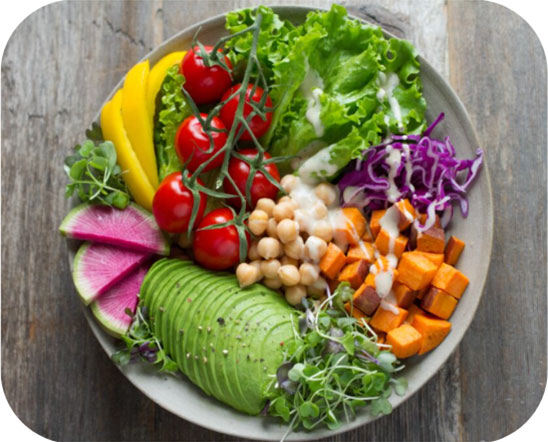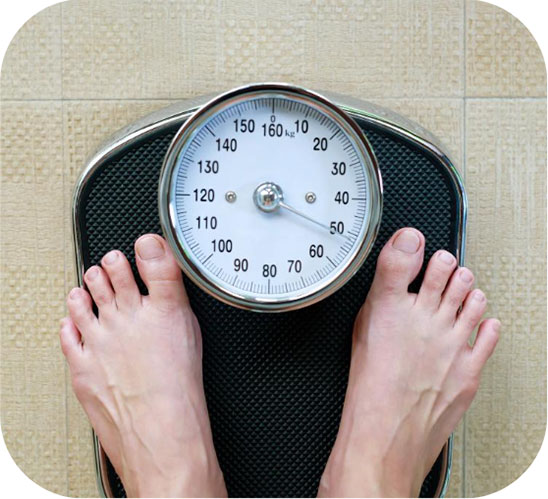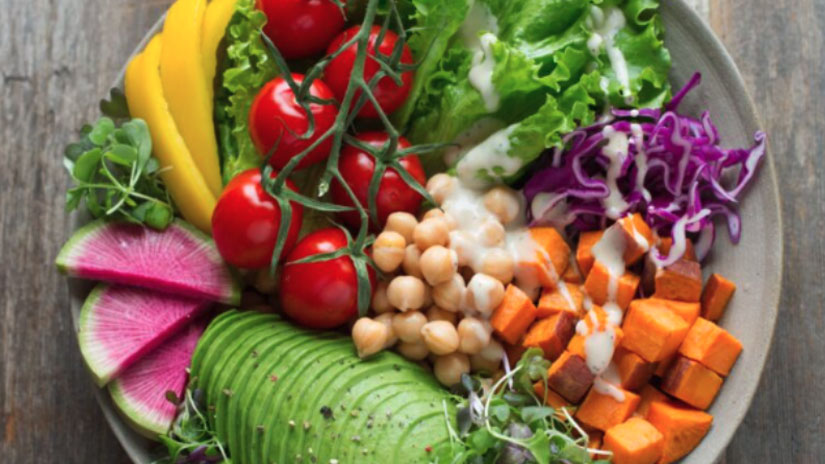Infertility is an increasing issue that affects couples attempting pregnancy. Food, nutrition and lifestyle patterns are crucial for optimising your fertility through maintaining healthy weight, regulating menses, improved insulin sensitivity and reducing inflammation in the body. Growing evidence shows that a diet high in trans fats, refined carbohydrates and added sugar can negatively affect fertility. The following will guide you through the top tips to improve fertility in women.

1. Boosting the essential vitamins
Optimal nutrition is vital to nourish your body and set up a foundation for a strong and healthy new addition. Consuming a balanced diet that consists of complex carbohydrates, quality proteins, vegetables, fruits, and good fats is important to obtain a wide range of nutrients needed to conceive.
It is recommended to commence prenatal supplements for a minimum of 3 months prior to conceiving. Common essential nutrients needed for preconception include folic acid, vitamin B12, iron, zinc and vitamin D. However, there is no one size fits all supplement. It is best to consult your healthcare provider about what is best for you.

2. Count the colours on your plate
Fruits and vegetables are loaded with antioxidants which helps protect our eggs from cellular damage by free radicals. Load up your plate with 3 or more colours at each main meal to get a variety of these powerful antioxidants.

3. Consume fish and seafood 2-3 times a week
Fatty fish such as salmon, mackerel, tuna, sardines are great for providing important omega-3 fatty acids which are known for their anti-inflammatory benefits as well as improving the ability of the embryo to implant in the uterus. Omega-3 fatty acids are required for building the outer layer of the egg cell. Varieties of fish and seafood are amazing for improving egg quality due to their zinc, iodine and selenium content.

4. Manage alcohol and caffeine consumption
Need a hot cup of coffee to start the day? Moderate consumption of < 2 caffeinated beverages per day is recommended. Ideally, it is best to abstain from alcohol if you are trying to conceive, as alcohol can have a negative effect on egg health.

5. Maintain a healthy weight
Having fat stores that are too high or too low can impact ovulation and menstrual regularity, which reduce those chances of getting pregnant. If your body weight is too low in pregnancy, there is an increased risk of preterm birth and having a low birthweight baby. On the other hand, women who has higher BMI has increased risk of pregnancy complications such as gestational diabetes, pre-eclampsia and miscarriage.
Speak to a dietitian to guide you through the optimal weight range for you and advise you around how to have a healthy pre-pregnancy diet. Drastic shifts in weight and fad diets are not recommended for maximising preconception health.

6. Move your body regularly
Exercise is important for stress management, mental health, and physical health. The right amount of exercise supports healthy blood flow to the pelvic area and ovaries, assisting with boosting egg quality and supporting implantation. Moderate intensity exercise of 3-4 sessions per week will be beneficial, over exercise can cause hormonal disruption and prevent ovulation.
